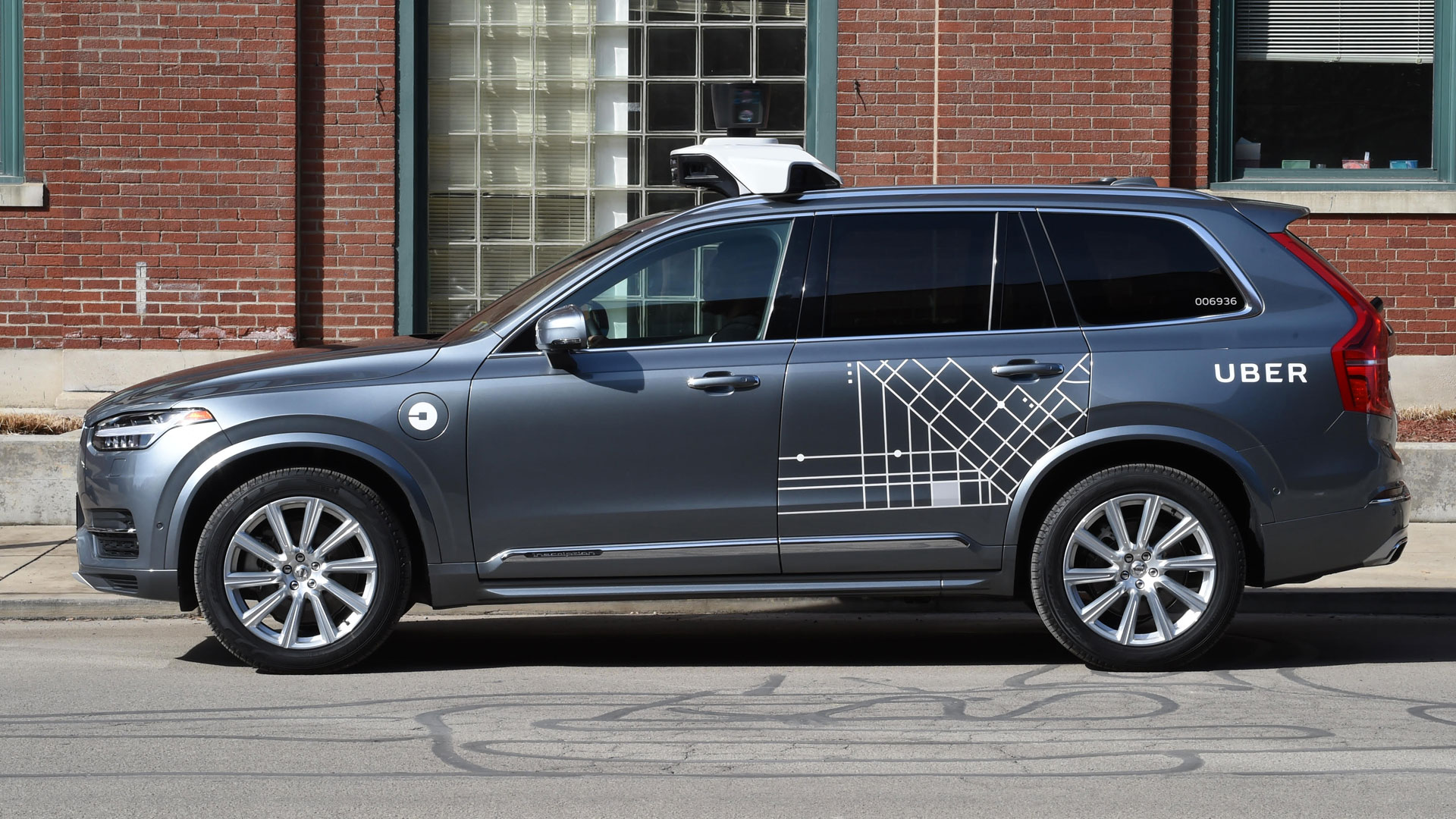

Uber has been given approval to restart tests of self-driving cars on public roads in Pennsylvania. The green light from the Pennsylvania Department of Transportation (PennDOT) comes nine months after an Uber test car struck and killed a pedestrian in Tempe, Arizona, bringing a halt to the company’s autonomous car testing.
The granting of permission to resume testing in Pittsburgh was first covered by The Information, which also recently reported that a former Uber manager emailed executives about safety concerns just days before the fatal crash in Tempe. An Uber spokesperson confirmed to The Verge that PennDOT had granted approval, but said testing had not restarted.
“We received our letter of authorization, yes, but we haven’t put cars back on the road yet,” the spokesperson explained.
Uber vehicles returned to the streets of Pittsburgh in July, albeit in manual mode only. More recently, Uber discussed plans to resume testing in autonomous mode in a very limited capacity. The company previously said it would operate cars only on a one-mile loop between two of its offices in Pittsburgh, noting that cars would be limited to 25 miles per hour, and wouldn’t operate in the rain or at night. The restart of autonomous car testing is an important milestone for Uber, but the company seems far away from commercializing that technology.
Despite scoring a $500 million investment from Toyota, Uber’s self-driving car program has lost ground. Waymo, its main rival, is now operating a commercial ride-hailing service in Arizona. The former Google self-driving car project is also dabbling in autonomous trucks, an area Uber has abandoned. Meanwhile, General Motors is beefing up its Cruise Automation self-driving car division.